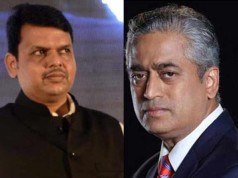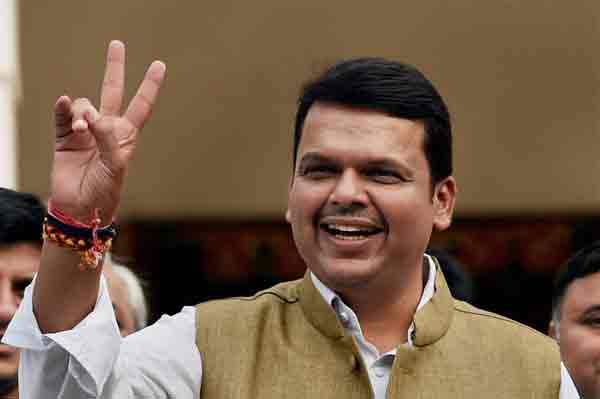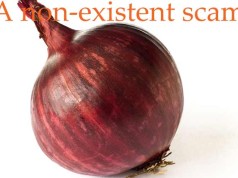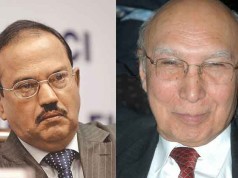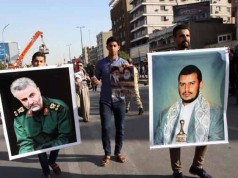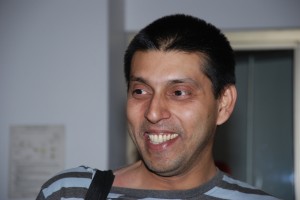 It turns out that in the run-up to the 2014 general elections, a bunch of extremely sharp and clean-shaven political anthropologists have identified a new constituency for political parties in need of a fresh, new constituency, to woo. With the Muslim vote-bank now considered too unreliable and scattered to depend on as a chunky pliable unit, this recently identified agglomeration is being seen as the pan-Indian community that could swing the votes for one of the major parties next year.
It turns out that in the run-up to the 2014 general elections, a bunch of extremely sharp and clean-shaven political anthropologists have identified a new constituency for political parties in need of a fresh, new constituency, to woo. With the Muslim vote-bank now considered too unreliable and scattered to depend on as a chunky pliable unit, this recently identified agglomeration is being seen as the pan-Indian community that could swing the votes for one of the major parties next year.
Numbers vary according to sources, but these experts are united in their belief that this community not only has enough critical mass for their votes to make a difference but its members are also scattered widely throughout India to such an extent that winning their votes will, in all probability, translate to winning the most precious commodity: seats. Conservative estimates put their figure at 52% of India’s total population, scattered across the Indo-Gangetic plains, the Konkan coast, the west Rayalseema region and large portions that make up the states of Orissa, West Bengal and Assam.
The more empirically-based study puts the figure at 72.3%, spreading across the whole of the Indian subcontinent barring rural Kerala and urban Meghalaya. What’s most appealing for parties who want to stay clear of — or do not want to return to — the politics of the Shah Bano, Mandal, Ram Janambhoomi and Santa Claus kind, is that this particular community cuts across religion, caste and urban-rural lines.
The pundits are yet to come up with a politically correct name for this ‘quiet majority’. But till they do so, it wouldn’t be incorrect to identify this grouping as homosexuals.
It would be unwise to consider that all of India’s homosexual electorate will be willing to vote en bloc for one or two parties. For starters, no single party has reached out specifically to this community. Also, even before being identified as a potential votebank, homosexuals in India are broken up into many complex sub-identities. These include: men and women; homosexuals more interested in development and employment and homosexuals more interested in issues pertaining to sexual politics; homosexuals who prefer pink over white and those who prefer white over pink (it’s a fact that no homosexual prefers black); homosexuals who are openly homosexual and those who pretend to be straight and just fancy SRK or Vidya Balan.
Some of the experts already making a pitch to both national and regional parties on how to tap this vast potential votebank have also devised certain strategies. One such plan is to woo the most visible homosexual sub-segment — rural lesbian physically challenged Dalit Muslims with more than two children who suffer regular domestic abuse in the hands of their (homosexual) unemployed, alcoholic husbands.
But since identifying and reaching out to this homosexual slice before mid-2014 will require far too much effort and resources than it’s worth, the majority expert view is for parties to consider homosexuals, at least till psephologists and party strategists can get hold of more data to churn, as one large grouping.
So what do the experts propose political parties to dangle before this constituency? It seems unlikely that any party, however undemocratic and personality cult-driven it might be, is willing to prop up any radical legal amendment (eg. ‘free housing for gays’) as a demand. Dissing the ‘heterosexual appeasement’ policies of many parties as an electoral plank may not work too well as homosexuals ‘as a whole’ are yet to demonise heterosexuals in this country. India is not Amsterdam or Kabul. And it’s too tricky to start any kind of mass agitation that could lead to the demolition of co-ed schools and different-sex marriages.
So, strategists have suggested to various political parties that they demand reservations in jobs and higher educational institutions for homosexuals. From what I have heard over the last week, some senior party leaders in some political parties have taken up the matter with their top mixed-sexuality leadership. What is being worked out now is figuring out whether there are enough homosexuals in these parties who could represent this notoriously low-profile community. (A party leader was reportedly chided for his ignorance when he exclaimed, “But the gay pride marches hardly have more than a few hundred people!”)
As a new version of votebank politics is sought to be unleashed in the country, some heterosexuals like myself can’t help but shake our heads — in an asexual way, of course — and wonder how more cynical Indian politics can get. I don’t think the homosexuals care. Yet.
The article was written by Indrajit Hazra and published in the Hindustan Times on October 05, 2013. Views expressed by the author are personal. PollUpdates.com does not hold responsibiity for the content published in the article directly or indirectly.


